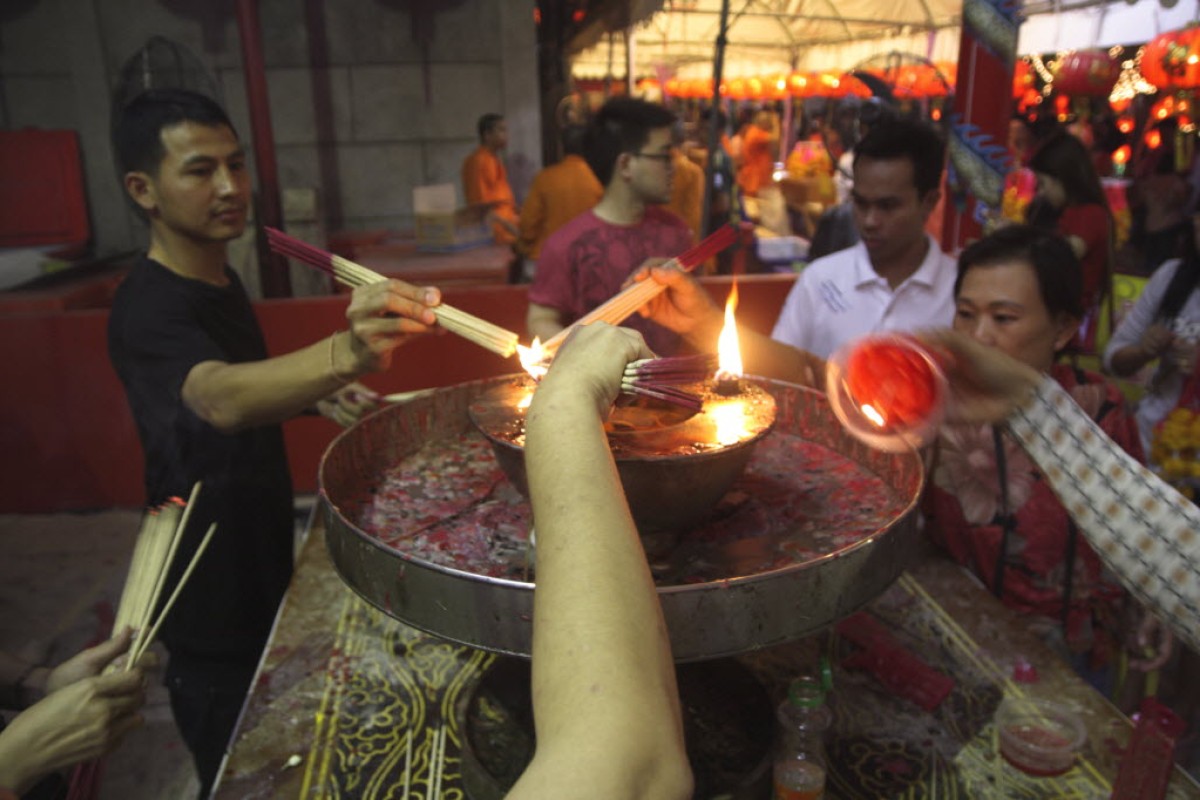 Beijing is trying to build a more secularised society by putting more emphasis on scientific knowledge over superstitious beliefs.
Beijing is trying to build a more secularised society by putting more emphasis on scientific knowledge over superstitious beliefs. Religious freedom has been growing on the mainland since the 1970s, with less restrictions on the practice of Christianity – the predominantly “Western” religion. Buddhism remains the most popular religion (there are between 185 million and 250 million Chinese followers), while between 72 million and 92 million people are Christians.
The increased religious freedom contrasts with Beijing’s sudden move earlier this month to remove the Bible from all online marketplaces, including Amazon.cn and JD.com. Now, many people are questioning the direction in which the government is heading. Is it censorship, religious freedom, or secularisation through religious suppression?
There is a theory that as societies modernise, religion will decline; developed countries such as Britain and the United States have seen a rapid decrease in religious believers. Maybe Beijing is trying to build a more secularised, almost “Western-like” society by putting more emphasis on scientific knowledge over superstitious beliefs.
This trend could receive a boost from atheists who argue that religion impedes scientific progress and inhibits an up-to-date world view. In that sense, given the country’s population of almost 1.4 billion, it may be justifiable to believe that the central government “imposing” secularisation by legal means is the most effective path to true modernisation.
However, it is important to note that China’s economy has evolved to embrace capitalism. So, when we feel that Beijing values “free will” now more than ever, the banning of the Bible is like a meteorite destroying the wonderful picture of liberation that China has been trying to paint. Is it justifiable for Beijing to neglect freedom, which is a vital part of the modernisation process? Maybe. The Bible is big on “free will”, yet theologians have often argued against it. Maybe free will, much like it is in theological terms, is merely an illusion.
China, one of the most rapidly developing countries in the world, doesn’t need superstition. Beijing often has to choose between two evils – censorship or the delay in modernisation. Censorship is the lesser of the two evils, and brings about the (arguably) greater good of artificial secularisation. If democracy implies letting superstitious beliefs continue to run wild and free on the mainland, then the country doesn’t need full democracy, at the moment.

